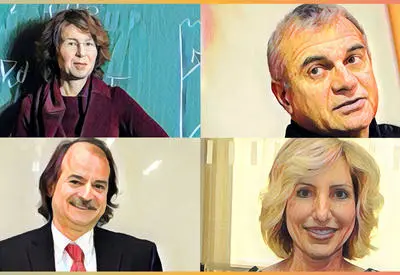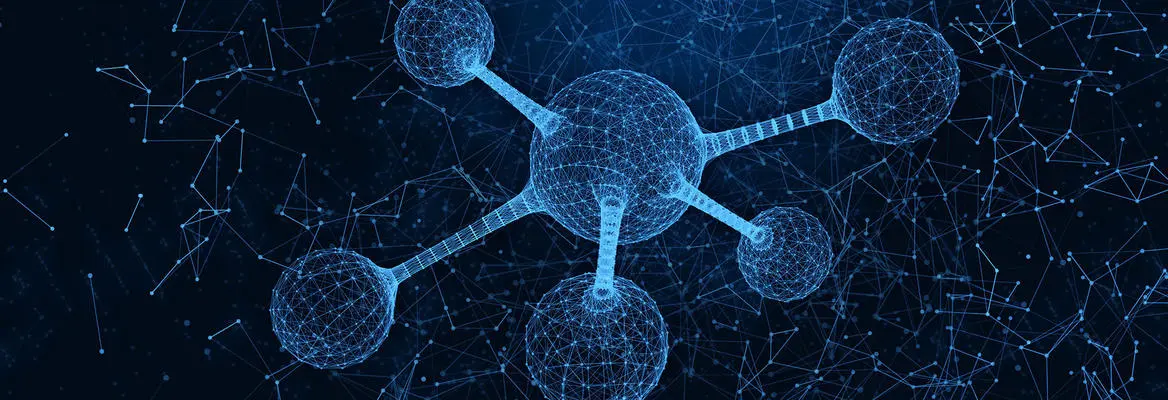A restored faith in science can only be a good thing, but nonetheless science must be subject to scrutiny. We must understand that science comes from human scientists, just as fallible and vulnerable to influence as anyone else, and that science can only be understood in the social and political context that surrounds it, writes Jana Bacevic.
Science is in vogue once again. The Coronavirus pandemic seems to have, at least temporarily, displaced the worry over ‘alt-facts’ and ‘post-truth’ into a renewed trust in expertise and the role of scientific evidence in decision-making. Governments across the globe are claiming to be ‘guided by the science’ and competing to show they have ‘the best science available’. Yet science also seems to be used to justify sometimes very different courses of action.
In many ways, the return of trust in science is a good thing. In the last decades, doubting the credibility of scientific knowledge has been used to promote highly problematic ideas or agendas. From ‘climate skepticism’ (fossil-fuel-funded forms of denying human-induced global warming), to ‘anti-vaxxerism’ (disputing the efficiency of vaccinations in preventing communicable diseases, or claiming they have multiple adverse side effects), devastating consequences of these forms of skepticism are becoming more apparent by the day. Yet, that the faith in scientific evidence seems to have been restored does not mean that science – in particular, how it becomes policy – should not be open to scrutiny.
 SUGGESTED READING
Cutting edge science at HowTheLightGetsIn Global
By
This scrutiny, however, is often complicated by how ‘science’ has been framed in public discourses. On the one side, science is portrayed as independent, objective, interest-free and value-neutral. On the other, there is the conspiracy-inflected view of scientists as evil geniuses bent on destroying humanity, akin to the (real) Dr Mengele or (fictional) Dr Strangelove. Both of these, of course, are exaggerations: scientists are no more disembodied creatures engaged in a disinterested pursuit of the secrets of the universe than they are self-aggrandizing maniacs with destructive tendencies (most are not, at any rate). Yet, because of the historical association between scientific authority and objectivity, we often hold ‘science’ and scientists to standards we do not apply to ordinary people.
SUGGESTED READING
Cutting edge science at HowTheLightGetsIn Global
By
This scrutiny, however, is often complicated by how ‘science’ has been framed in public discourses. On the one side, science is portrayed as independent, objective, interest-free and value-neutral. On the other, there is the conspiracy-inflected view of scientists as evil geniuses bent on destroying humanity, akin to the (real) Dr Mengele or (fictional) Dr Strangelove. Both of these, of course, are exaggerations: scientists are no more disembodied creatures engaged in a disinterested pursuit of the secrets of the universe than they are self-aggrandizing maniacs with destructive tendencies (most are not, at any rate). Yet, because of the historical association between scientific authority and objectivity, we often hold ‘science’ and scientists to standards we do not apply to ordinary people.
The standards we apply to scientists are palpably different from those we apply to politicians and policymakers. When scientists disagree, we treat this as a sign of weakness of scientific evidence, rather than as the inevitable outcome of the fact that scientists are human.
Most strikingly, the standards we apply to scientists are palpably different from those we apply to politicians and policymakers. When scientists disagree, we treat this as a sign of weakness of scientific evidence, rather than as the inevitable outcome of the fact that scientists are human, like the rest of us. This means they are also influenced by fears, desires (including sexual ones, to the seeming bafflement of the British public) and drives that include competition for resources, prestige, and recognition. Science does not operate in a disembodied, immaterial or, for that matter, apolitical universe: laboratories run on electricity; imaging technologies depend on international cooperation; in addition to a genuine curiosity and drive for knowledge, scientists also require, shockingly, food and shelter. How all of these are distributed, however, is a political and sociological question.



















Join the conversation